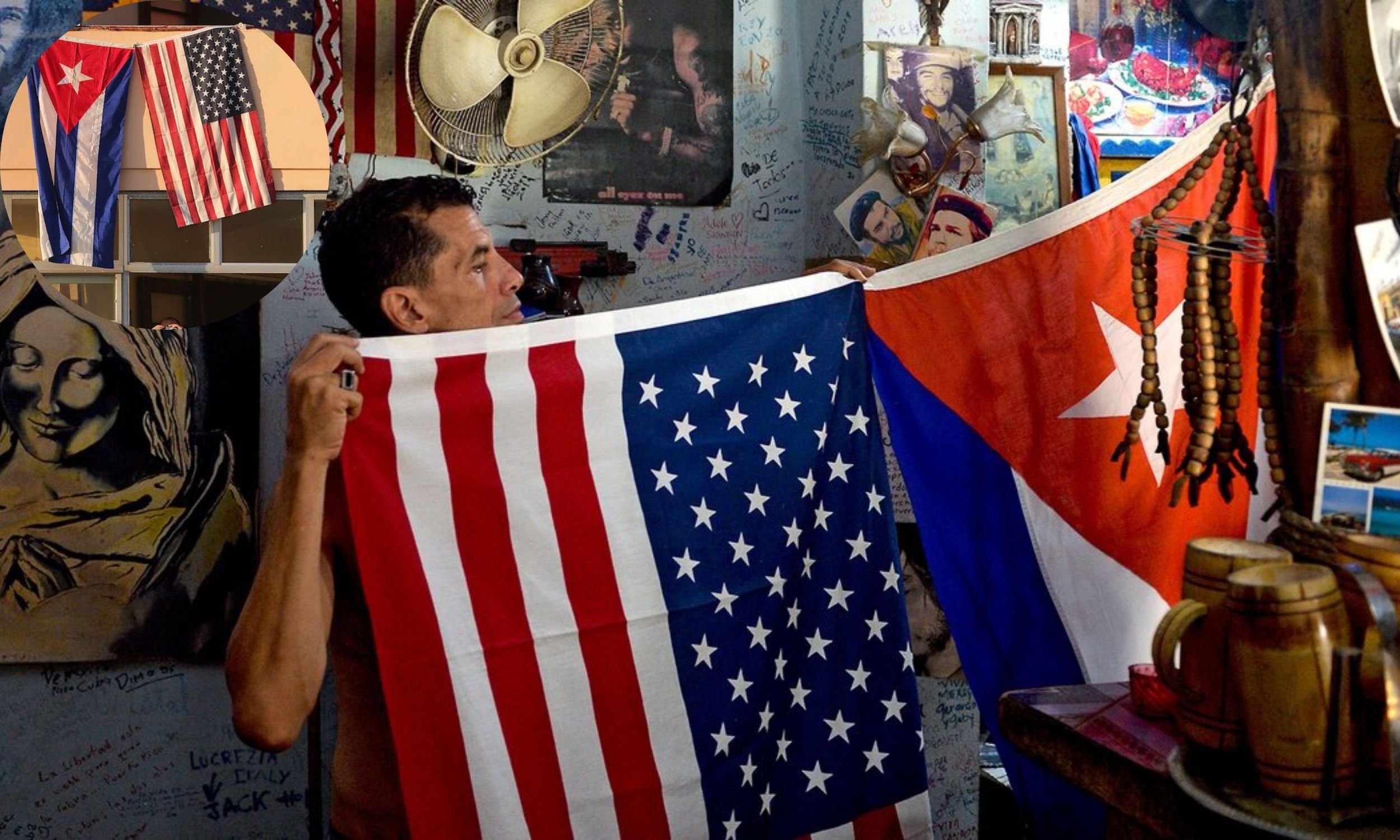Despite recent efforts by the U.S. to engage with Cuba, both Washington and Havana are now insisting that more must be done by the other side before any further progress can be achieved in restoring diplomatic relations.
Earlier this year, the Biden administration took visible steps by permitting Cuban officials to tour Miami International Airport and removing Cuba from a list of countries deemed insufficiently cooperative with U.S. anti-terrorism measures. Additionally, a rule from 2022 was enacted to facilitate access to American banking services for Cuban entrepreneurs.

These actions marked some of the most substantial gestures towards Havana since the Obama administration. However, the White House remains cautious about advancing further, highlighting persistent issues regarding Cuba’s human rights record as a barrier.
Cuban officials argue that Washington’s actions are insufficient and largely symbolic. They contend that the Biden administration’s measures affect only a small segment of Cuban society and fail to address major issues, such as Cuba’s ongoing designation as a “state sponsor of terrorism.”
Lianys Torres Rivera, Cuba’s chargé d’affaires in Washington, emphasized that Cuba is prepared for discussions on bilateral issues and seeks mutual respect and non-interference in domestic matters.
The opportunity to improve relations may be slipping away as Democrats appear less concerned about the political repercussions in Florida, a state historically sensitive to U.S.-Cuba relations. Cuban American voters’ influence has waned, shifting the Democrats’ focus to other battleground states.
Economic turmoil in Cuba has led to an increase in migration to the U.S., exacerbating challenges at the southern border. Despite a reduction in institutional resistance following Sen. Bob Menendez’s resignation as Senate Foreign Relations Committee chair, advancing cooperation with Cuba remains contentious.
Republicans, particularly Cuban American lawmakers, argue that easing sanctions could empower the Cuban regime further. Sen. Marco Rubio criticized the administration’s approach, suggesting it aims to align closer with Cuba’s government in a potential second term.
Progressives are pushing for more substantial action from President Joe Biden, criticizing the current policy as ineffective and outdated. Rep. Jim McGovern called for a new approach, advocating for a departure from the existing Cold War-era strategies.
